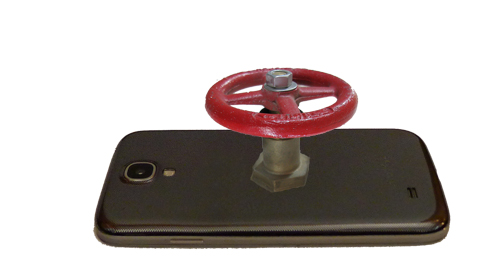
Ars Technica reported yesterday that AT&T has confirmed it will allow web sites to pay money so that data downloaded from those sites will not be counted against customers’ monthly data caps. I don’t know whether this is a business model that will take hold—but if it does, it is dangerous to the openness of the Internet.
At stake here is Network Neutrality, which has been usefully defined by Public Knowledge as “The principle that the company that connects you to the internet does not get to control what you do on the internet.”
If I have a data-limited cellphone plan, and I’m faced with the choice between a clunky and cumbersome service provided by some giant existing company that can afford to pay these fees, and a cool and innovative new service provided by a startup that can’t, I’m likely to stick with the incumbent even though its upstart competitor is better. AT&T, which is supposed to provide me access to the internet, is using its power over the network to influence what I access. (To be precise, it’s selling that power.)
Opponents of enshrining Network Neutrality into law protest that it will “inhibit innovation.” But this is not a pro-innovation, “free market” development in our telecom services. It’s a market distortion by an oligopolistic, utility-like company that will shift power toward already successful companies and stifle potential competitors. And it allows AT&T to enable some speakers to communicate better than other speakers. As I (and many others) have argued, this kind of poisonous development is precisely the “innovation” that is likely to take place in the absence of Network Neutrality rules. Net Neutrality, on the other hand, protects the kind of innovation—and the freedom and diversity of speech—that make the internet so valuable.
The internet is the goose that has laid a billion golden eggs, but it is a human institution that we cannot take for granted. There is no guarantee that bad policy won’t ruin the things that have made it great. This is not a road we should permit our carriers to go down.

